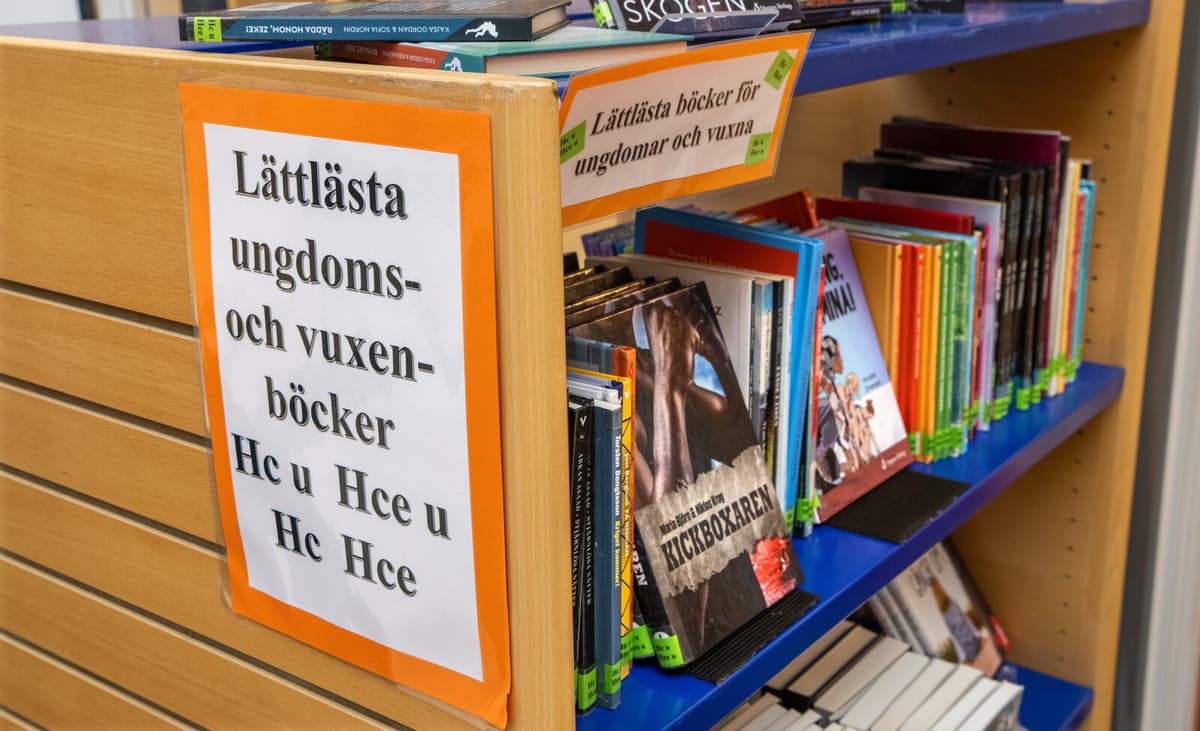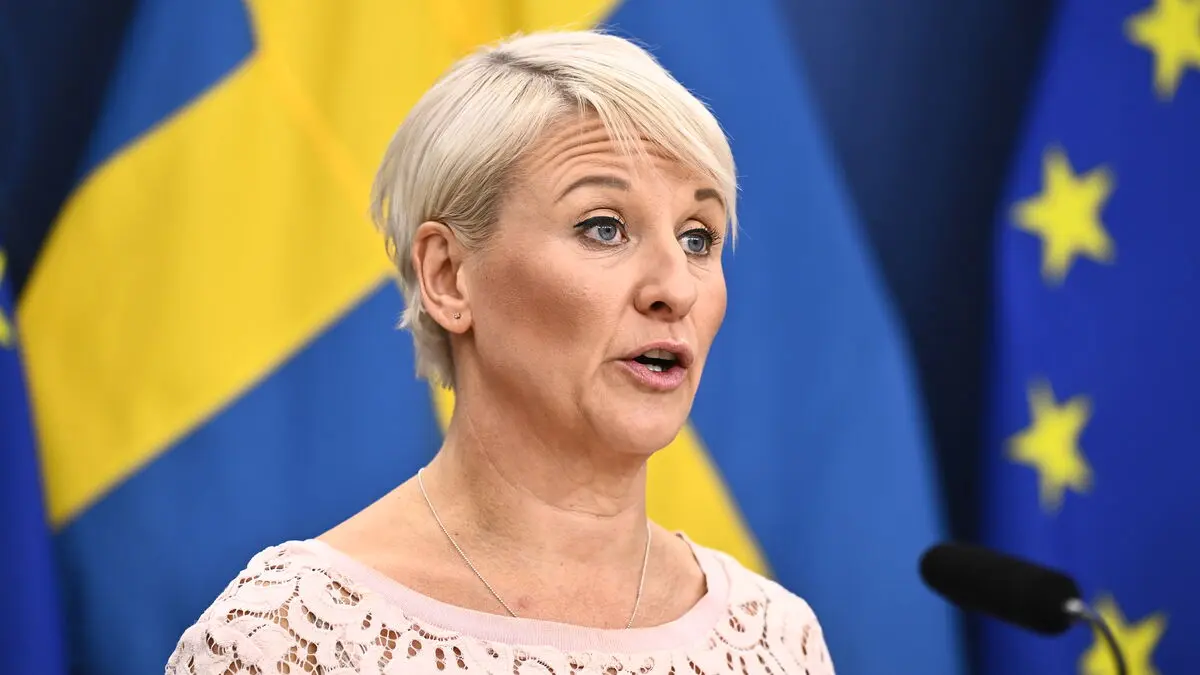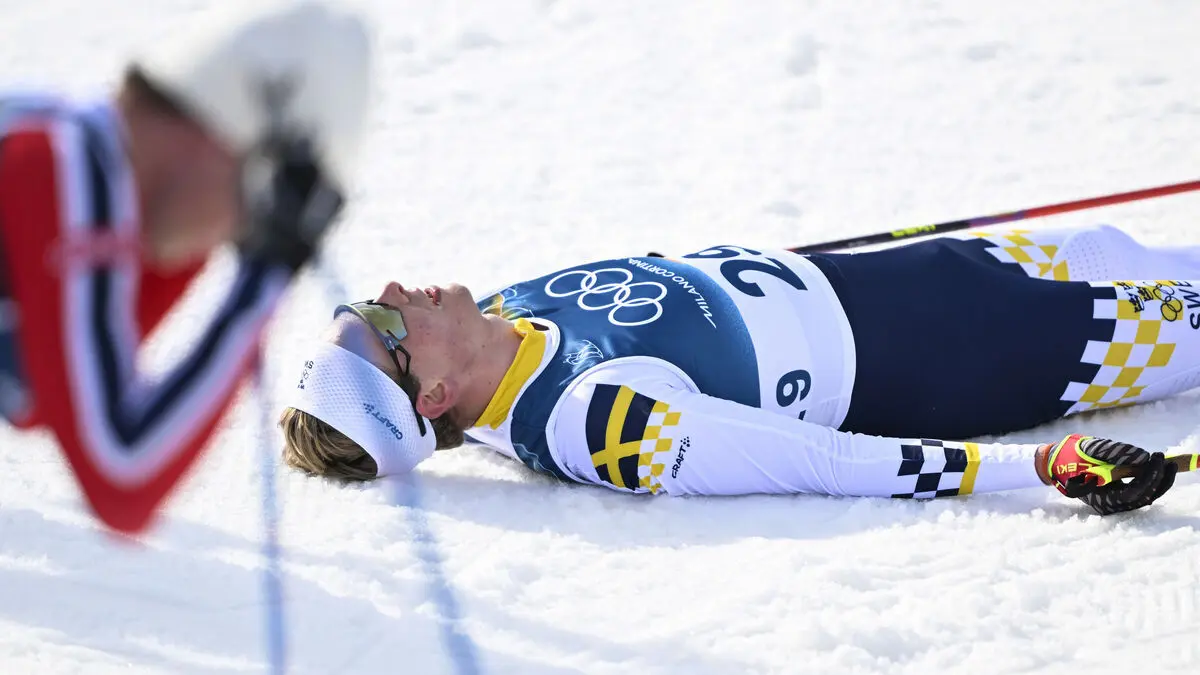The Government has recently invested in both book purchases for schools and staffed school libraries to get the country's children to read more.
But everything is being done backwards, claims Anna Nordlund, a lecturer in literature and didactics at Uppsala University. She is one of 70 literature scholars and teacher educators who are now protesting against the low status of fiction, in an appeal in Expressen.
In the Government's teacher training inquiry released in December, education and fiction are not mentioned at all, while reading and writing instruction are mentioned over 150 times.
The investigators have had a one-sided focus on strengthening basic reading and writing instruction. But you have to move beyond that so that children and young people become literature readers, that's the key, says Anna Nordlund.
A Shortcoming
The status of fiction in Swedish schools is weak. Students need more structured teaching, more inspiring texts, and literature discussions, says Anna Nordlund. The reading lists developed by the National Agency for Education and the Cultural Council are a good start, she believes.
But my student teachers cannot automatically teach Katitzi or Kulla-Gulla, they need support and guidance.
Reading Experiences are the Key
Currently, fiction reading is often treated as a tool for creating better vocabulary and practicing decoding. But Anna Nordlund emphasizes that strong literature experiences must be seen as the goal, not the means.
If children and young people get it in preschool and school, they become literature readers themselves. Then they get the extensive practice, vocabulary, and expressive ability.






